California has its fair share of issues, but one of the biggest problems on Governor Gavin Newsom’s plate is squatters who have turned the state into the “Wild West.”
Squatters’ rights and the controversial legality of living on someone else’s property have been making headlines recently as there seem to be more squatters in California and other states like Florida and New York than ever before. Now, Newsom may finally have to make a change.
The Complicated Squatters Situation

Understanding the details of squatters’ rights, adverse possession, no trespassing laws, eviction notices, and the legality of these situations is exceptionally complicated.
Each state has its own set of laws regarding people living on property that is not theirs without paying the mortgage or any kind of rent. In California, it is technically illegal to trespass or squat on property that is not one’s own, even if it is vacant, abandoned or foreclosed. However, California also allows adverse possession claims.
What Is Adverse Possession?
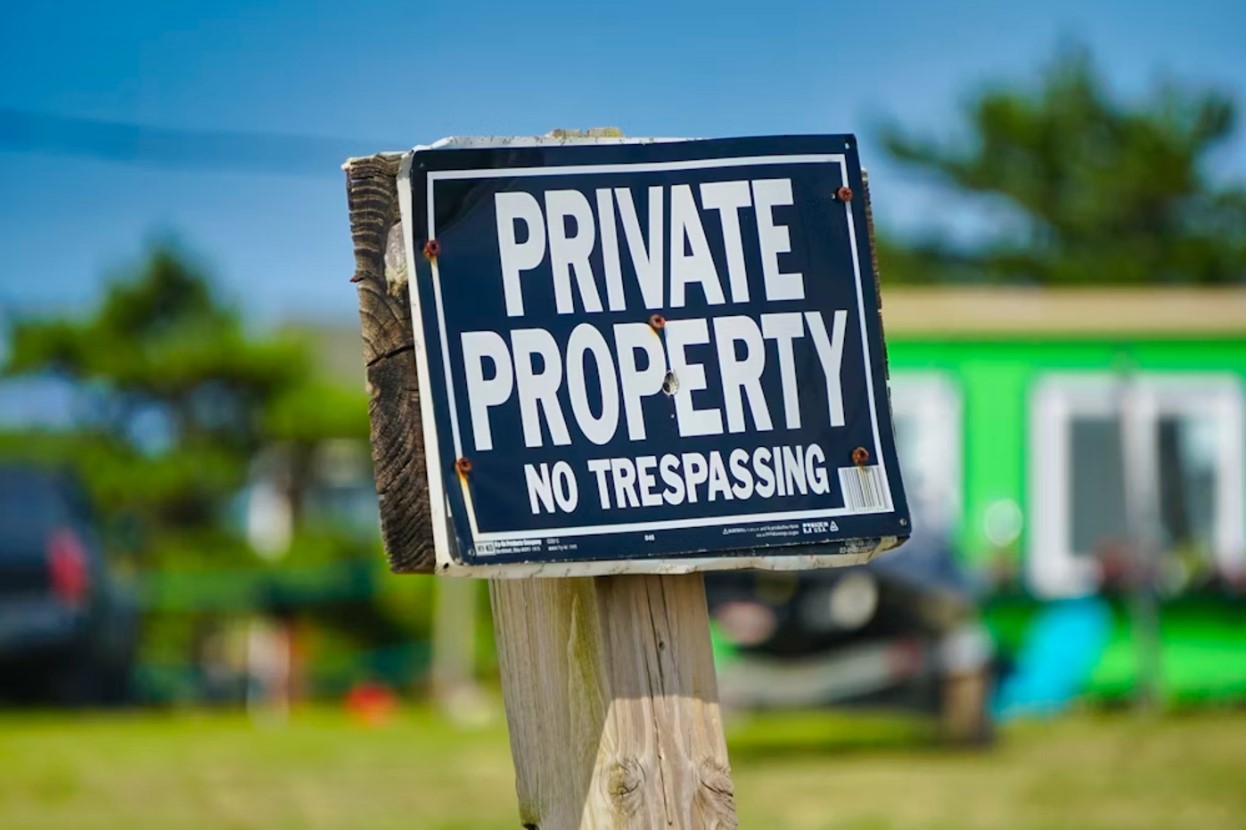
In the Golden State, if a person has lived on someone else’s property for at least five years and pays the property taxes on it, legally, it is now their land. In theory, the law of adverse possession may make sense.
Sadly, the majority of the time, when a case is brought to court, the person in question has not paid the property taxes but is simply attempting to either elongate their stay on the property or pull one over the eyes of the justice system.
Landlords Have the Legal Right to Evict Squatters in California
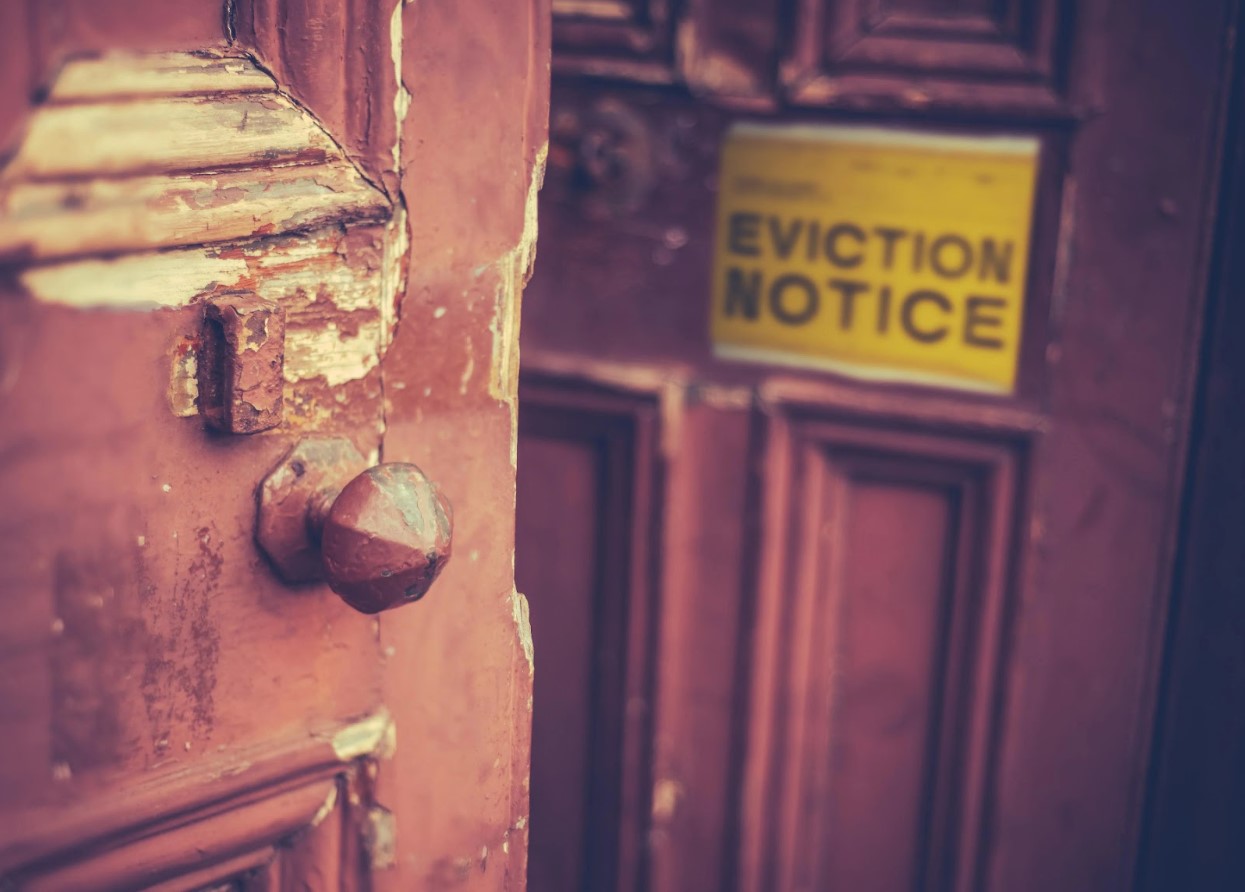
It’s important to note that California landlords or property owners do have the legal right to evict squatters from their property. However, the process is time-consuming, expensive and often filled with roadblocks.
Landlords in California need to give illegal squatters a three-day eviction notice, which they can only obtain through a mandated court order. This, of course, costs money and can take months, depending on the county’s justice system.
Why Is Squatting Such a Problem in California?
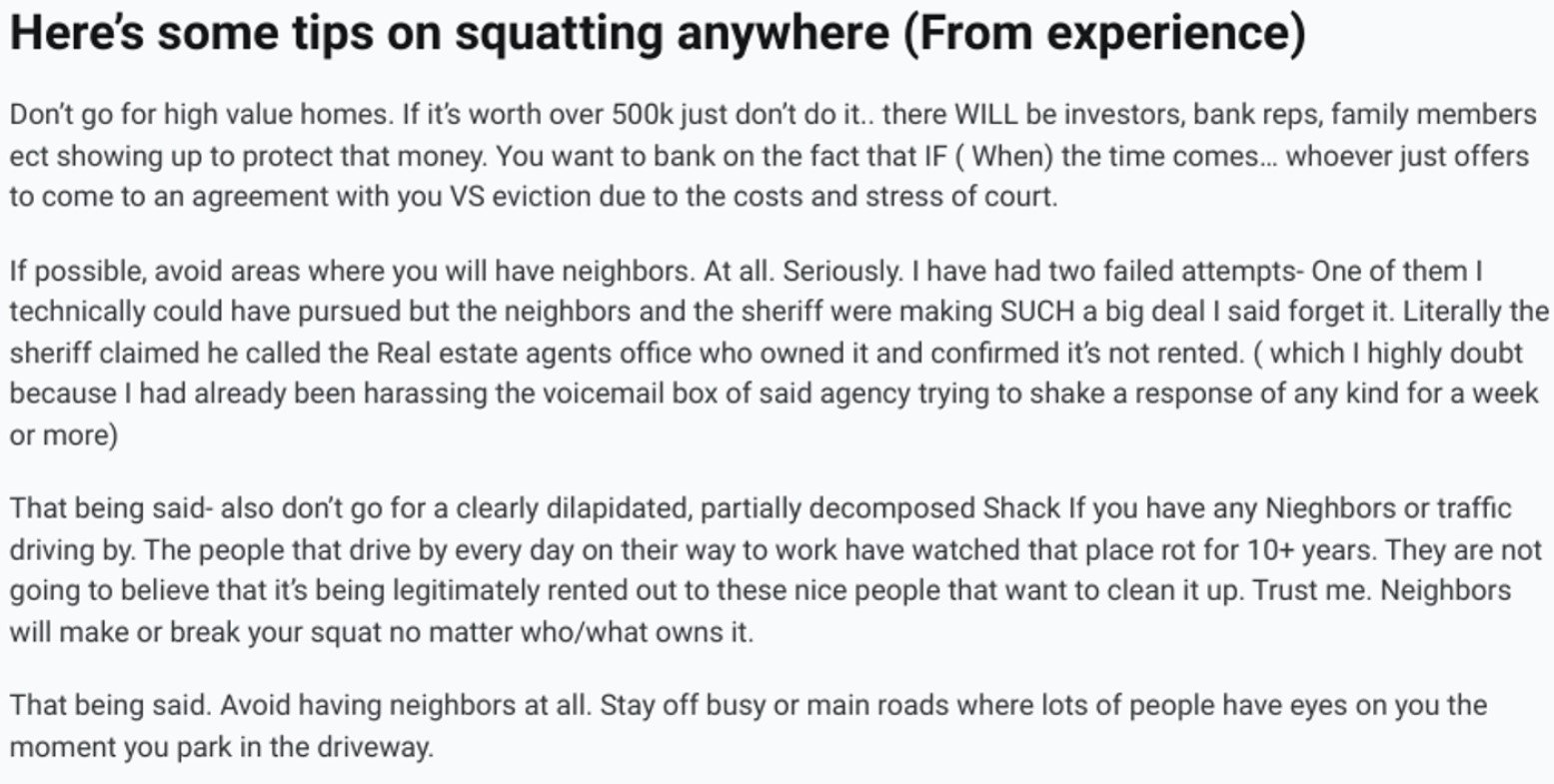
There’s no doubt that squatting has become a nationwide frustration. From Florida to New York, Georgia, and even Texas, many American landowners are struggling to get seemingly permanent trespassers off their property.
In California, many residents blame the Governor’s lenient laws. But others say the increase in the number of squatters across America is directly due to social media. There are now dozens of pages on various platforms, such as Reddit, X and YouTube, advising squatters on how to choose the best properties and get away without paying rent.
What Can Be Done About the Squatter Problem?
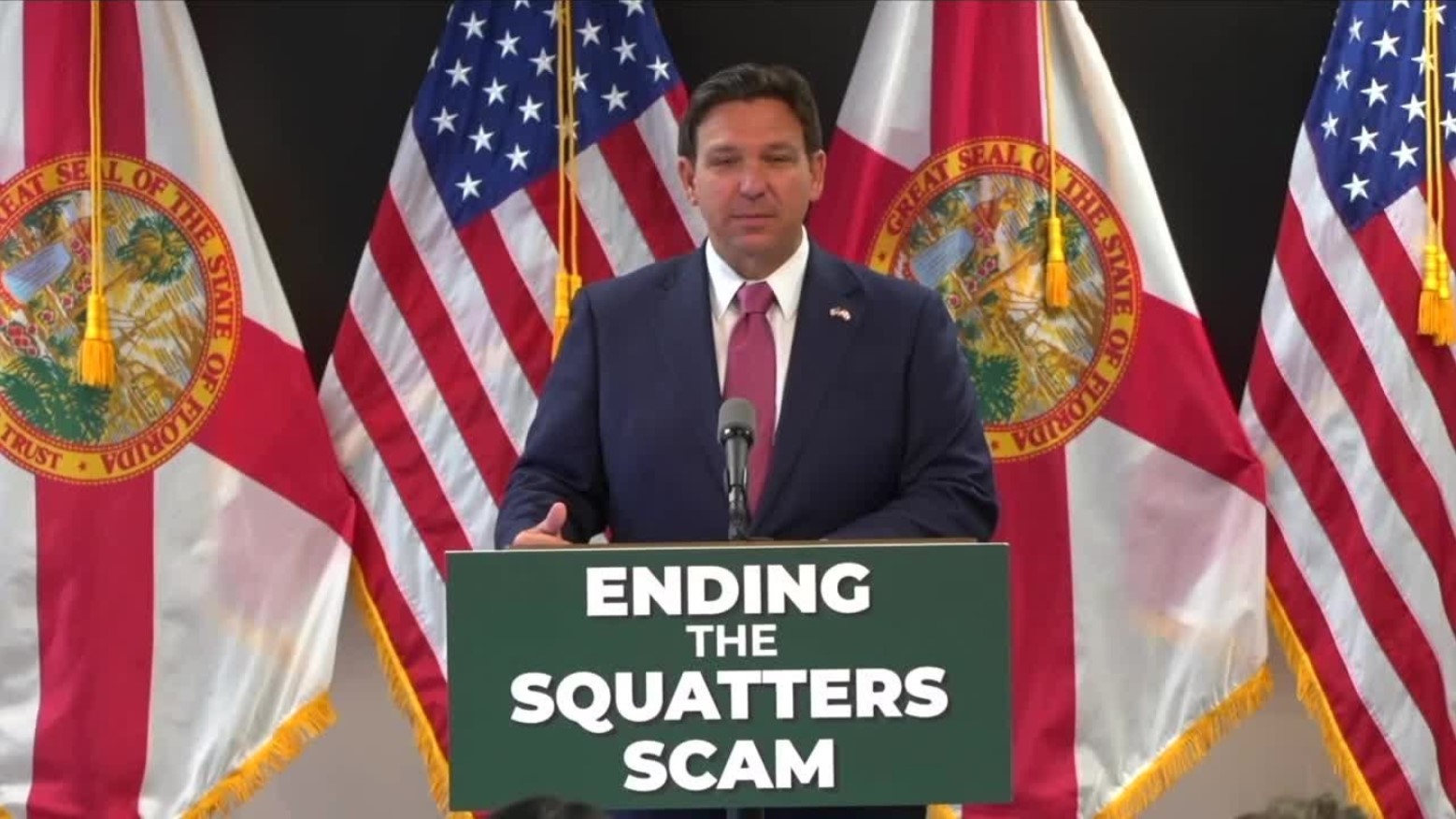
Some states, such as Georgia, Florida and New York, have decided that a real and drastic change needed to be made to protect their residents from the increasing squatter problem.
Florida Governor Ron DeSantis passed House Bill 621, which states that “a property owner can request law enforcement to immediately remove a squatter from their property.”
Will California Pass a Squatters’ Law?

Now that several other states have passed similar laws, the question on everyone’s mind is whether California will be next.
However, California Governor Gavin Newsom has yet to propose any kind of bill that would drastically change the state’s squatters’ rights.
Thanks to SB 612, Californians Can Call the Police

Newsom did sign Senate Bill 612, which “allows property owners to request police assistance with trespassers or squatters if they submit a no trespass letter.”
However, as this bill still requires landlords and property owners to file paperwork with the court system before asking for police assistance, many argue that it is wildly ineffectual.
In 2024, California Residents Are Turning to Squatter Removal Companies
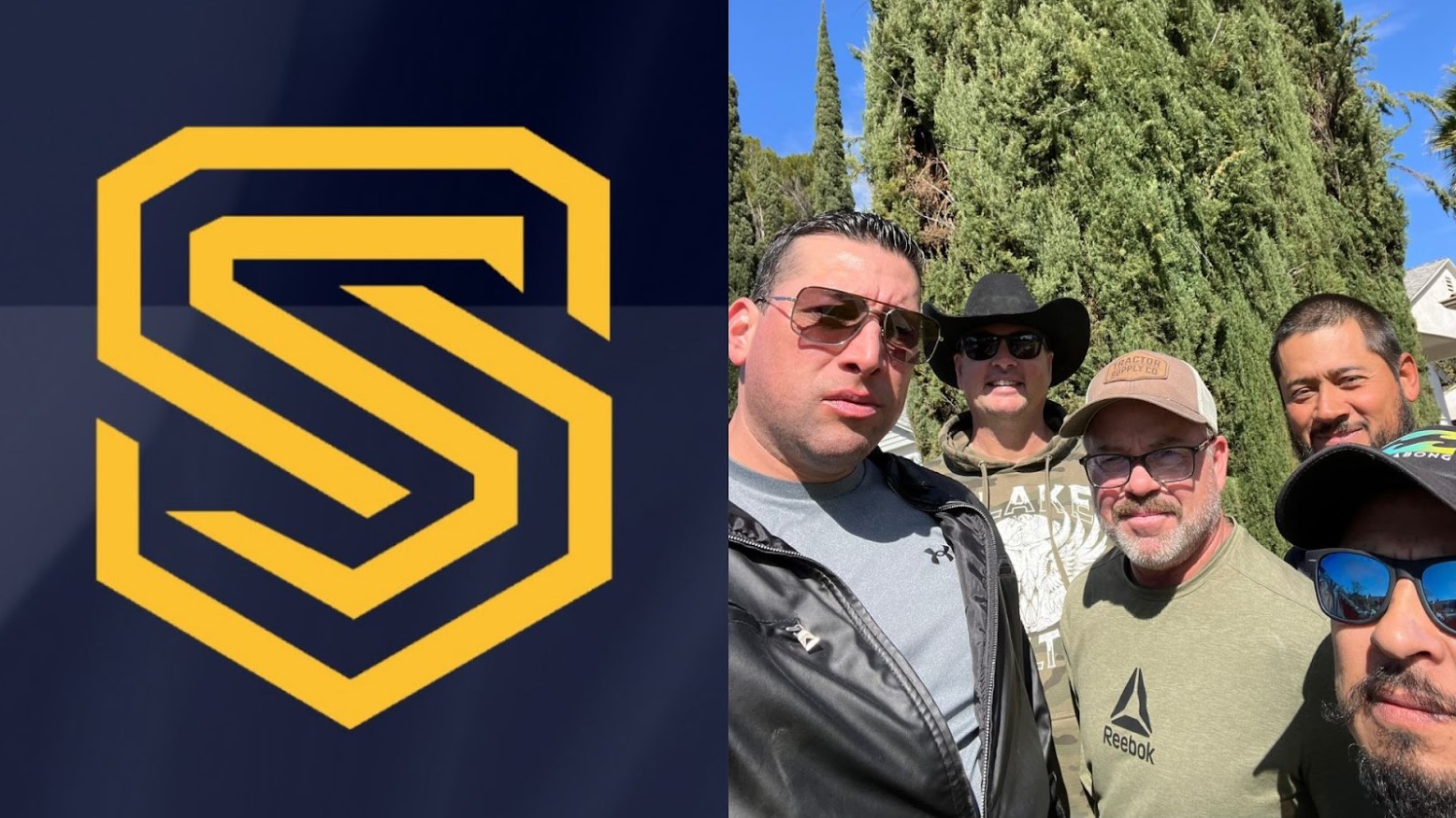
Because California’s laws regarding squatters are so lenient and, as many argue, inadequate, state residents have all but given up on help from the police or government. Instead, they are turning to private businesses that offer squatter removal.
“Vigilante squatter movers,” like the Squatter Squad, “are far less costly and much faster than the court system, which can take approximately 11-12 months and untold thousands of dollars in legal fees to remove a squatter,” according to Daniel Yukelson, executive director of the Apartment Association of Greater Los Angeles.
Property and Landowners Are Losing Tens of Thousands of Dollars to Squatters

Paying thousands of dollars to either the California legal system or a squatter removal squad is certainly frustrating, but it’s often peanuts compared to what landlords and property owners are losing in unpaid rent.
Landlord Jaskaran Singh from Washington reported losing $80,000 when a squatter on his property filed a restraining order against him, essentially barring him from his own home.
Squatting Isn’t Just a Financial Issue

But squatting isn’t just a financial burden. Many squatting situations lead to extreme property damage, leaving the homes all but uninhabitable. And there are even many accounts of physical violence when trying to negotiate with or remove squatters who don’t want to leave.
As Yukelson explained, “Someone is going to get hurt, and that might be the squatters or the squatter removers. In a sense, we are dealing with the ‘wild, wild West’ here.”
Americans Are Looking for Government Protection

America has long prided itself on being the “Home of the Free,” which is one reason why squatters’ rights laws have remained in place all these years. However, Americans are now desperate for help from their own governments to ensure that the property they bought remains in their possession to do with as they please.
Whether or not California will follow Florida’s lead and increase intervention from law enforcement or squatters is yet to be seen. But the vast majority of California residents hope that Gov. Newsom will pass such a bill sooner than later.
Economic Consequences of Squatting
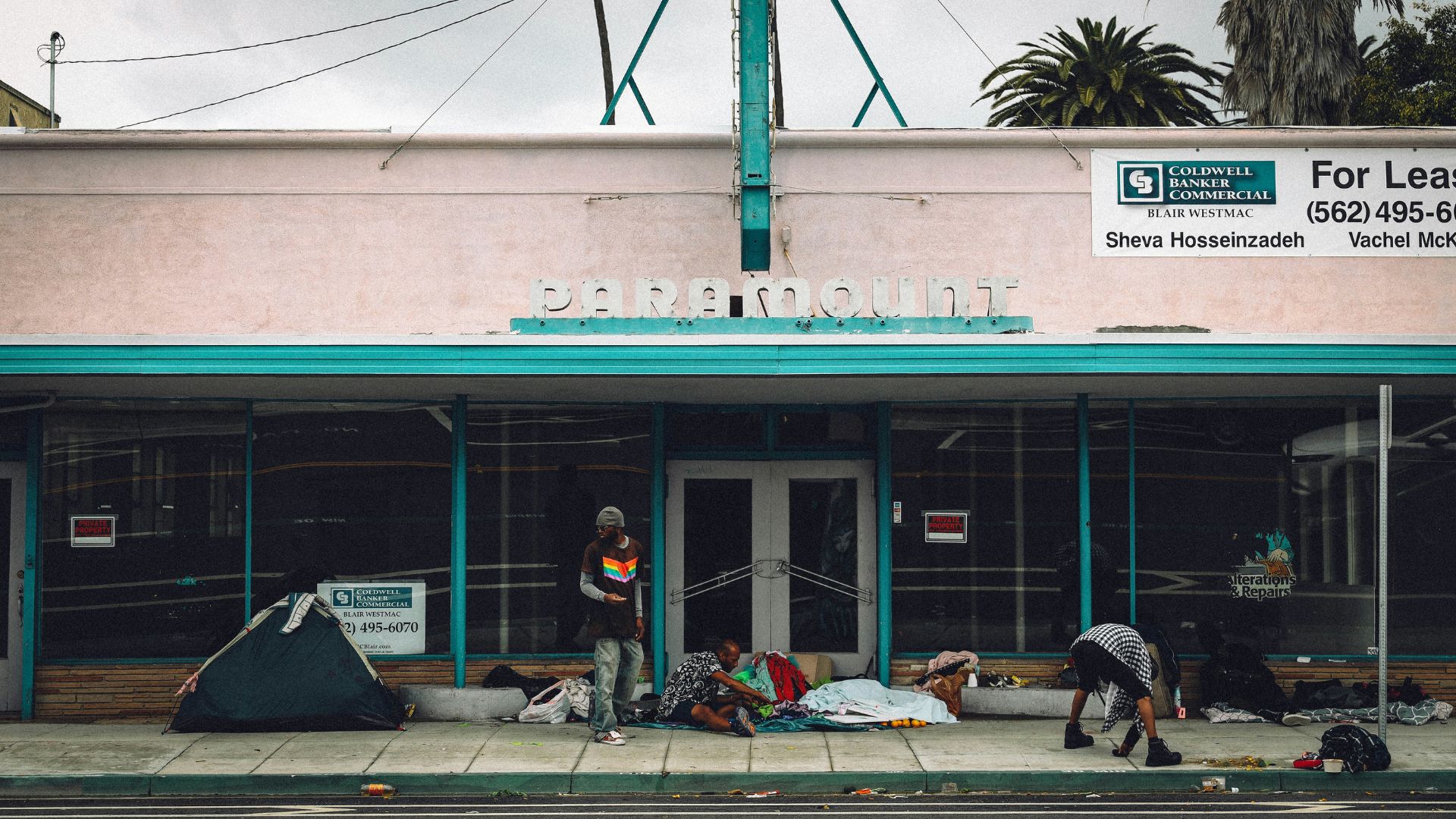
The prevalence of squatters is causing significant economic consequences in California’s housing market. Property devaluation is a serious issue, deterring potential buyers and investors.
With properties tied up in prolonged squatting cases, the housing stock available for legitimate sale or rental decreases. This reduction exacerbates the housing crisis, driving up costs and limiting options for prospective homeowners.
Psychological Toll on Property Owners

Dealing with squatters takes a severe psychological toll on property owners. Many landlords and homeowners report experiencing chronic stress and anxiety due to the prolonged legal battles and uncertainty.
The fear of encountering squatters who might be aggressive or violent adds to their distress. Anecdotes reveal that the emotional burden can be as taxing as the financial losses incurred.
How Other States Handle Squatters

States like Florida, New York, and Georgia have implemented robust measures to combat squatting. Florida’s House Bill 621, for example, allows property owners to request immediate law enforcement intervention.
New York and Georgia have also tightened their laws, making it easier to evict squatters quickly. These states’ successful policies provide a blueprint for potential reforms in California to address its squatting issues.
Potential Legal Reforms in California

Currently, several legal reforms are under consideration in California to tackle the squatter problem. Lawmakers are debating bills that would streamline the eviction process and reduce the time and cost involved.
Legal experts suggest that adopting measures similar to those in Florida could significantly alleviate the issue. However, the feasibility and potential impact of these reforms remain points of contention among stakeholders.
Squatting’s Effect on Legitimate Renters
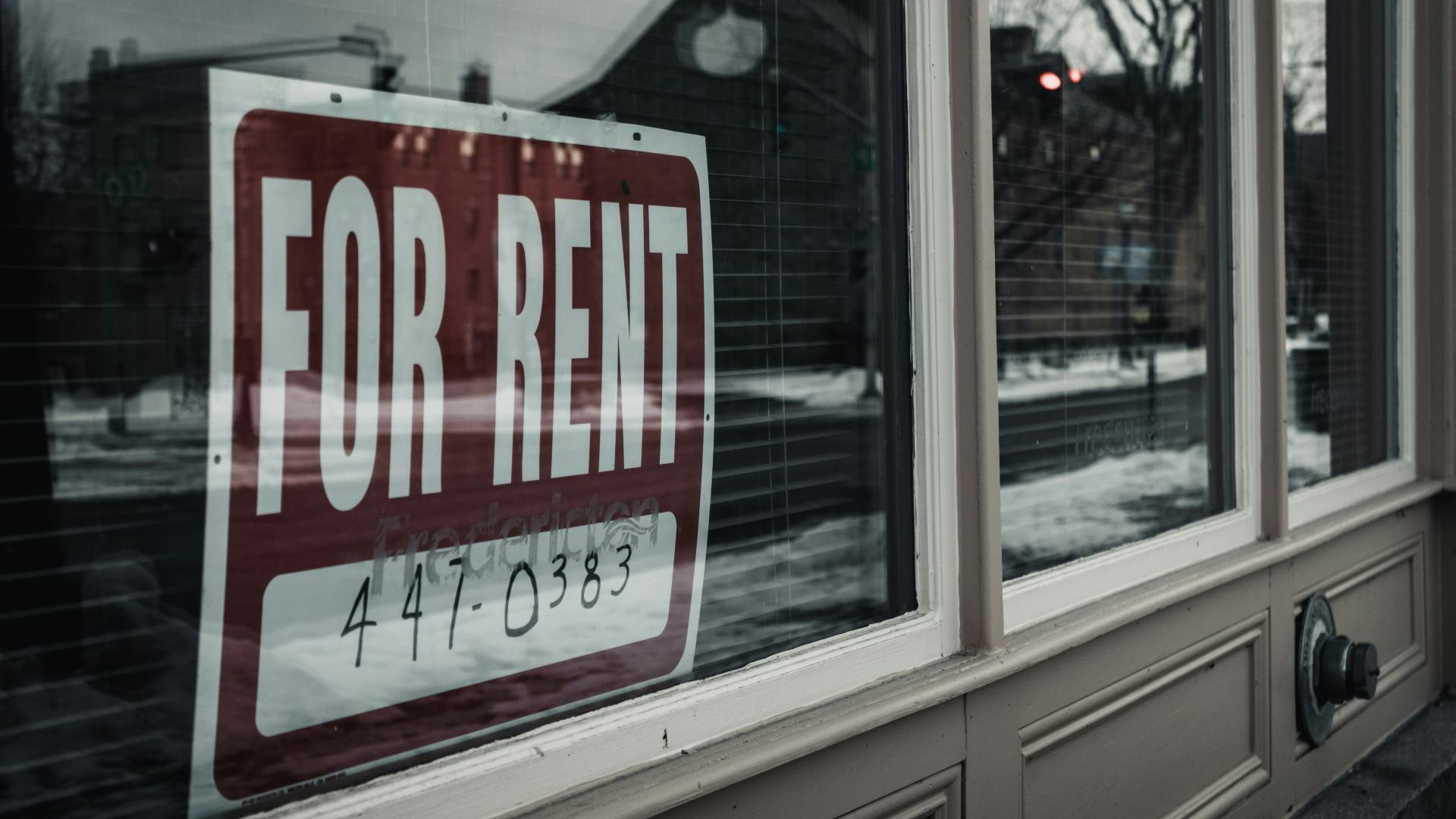
Squatting doesn’t just affect property owners; it also creates challenges for legitimate renters and tenants. Cases where squatters occupy rental properties lead to disputes, causing legal and financial complications for lawful tenants.
Renters often find themselves caught in the middle of eviction battles, facing uncertainty about their living situation and potential displacement if squatters are not swiftly removed.
High-Profile Squatting Incidents in California

Flash Shelton, an “anti-squatter activist” from Southern California, leads the “Squatter Hunters” to help homeowners remove squatters from their properties. His mission began after dealing with squatters in his late father’s home.
Videos of his team confronting squatters are popular on social media, and their services cost between $5,000 and $20,000. The squatting issue is exacerbated by online resources that provide tips on squatting, making it harder to combat the problem.
Technology’s Role in the Squatter Problem

Technology and social media have inadvertently exacerbated the squatter problem. Online platforms like Reddit and YouTube host pages that provide detailed advice on squatting, including tips on how to select properties and avoid eviction.
These resources have made it easier for squatters to operate, complicating efforts to address the issue. Countermeasures to limit such information dissemination are essential to curb this growing trend.
Safeguarding Properties Against Squatters

Property owners can take several preventive measures to safeguard their properties against squatters. Installing robust security systems, regular property inspections, and maintaining clear signage indicating private property can deter potential squatters.
Legal tips include keeping properties well-maintained and promptly addressing any trespassing incidents. Community initiatives, such as neighborhood watch programs, also play a crucial role in preventing squatting.
Government and Community Initiatives

Government and community initiatives are critical in addressing the squatter issue. Local governments have launched programs to assist property owners with legal advice and eviction processes.
Community watch groups actively monitor neighborhoods to report suspicious activities. Public awareness campaigns educate property owners about their rights and the steps they can take to protect their properties, fostering a collaborative effort to tackle squatting.
Squatting and Vulnerable Populations

Squatting disproportionately affects low-income and vulnerable populations, exacerbating their housing struggles. The lack of affordable housing and support systems forces many into precarious living situations, sometimes resorting to squatting.
Addressing the root causes, such as expanding affordable housing and enhancing social support services, is crucial to mitigating the squatter issue and providing sustainable solutions for vulnerable groups.
Innovative Solutions to Squatting

Innovative solutions and alternatives are emerging to address the squatting problem. Mediation and negotiation programs offer a less adversarial approach to resolving squatting disputes.
Some cities are piloting housing programs that provide temporary shelter for squatters, transitioning them into legal housing. These alternatives aim to address the underlying issues while reducing the reliance on costly and prolonged legal processes.
Future Outlook on Squatting in California

The future of squatting in California will likely depend on the effectiveness of proposed legal reforms and community initiatives. If lawmakers adopt measures similar to those in other states, the squatter problem could see significant reduction.
However, continuous efforts will be needed to adapt to evolving trends. Experts predict that a combination of legal, social, and technological strategies will be essential for long-term solutions to this complex issue.

